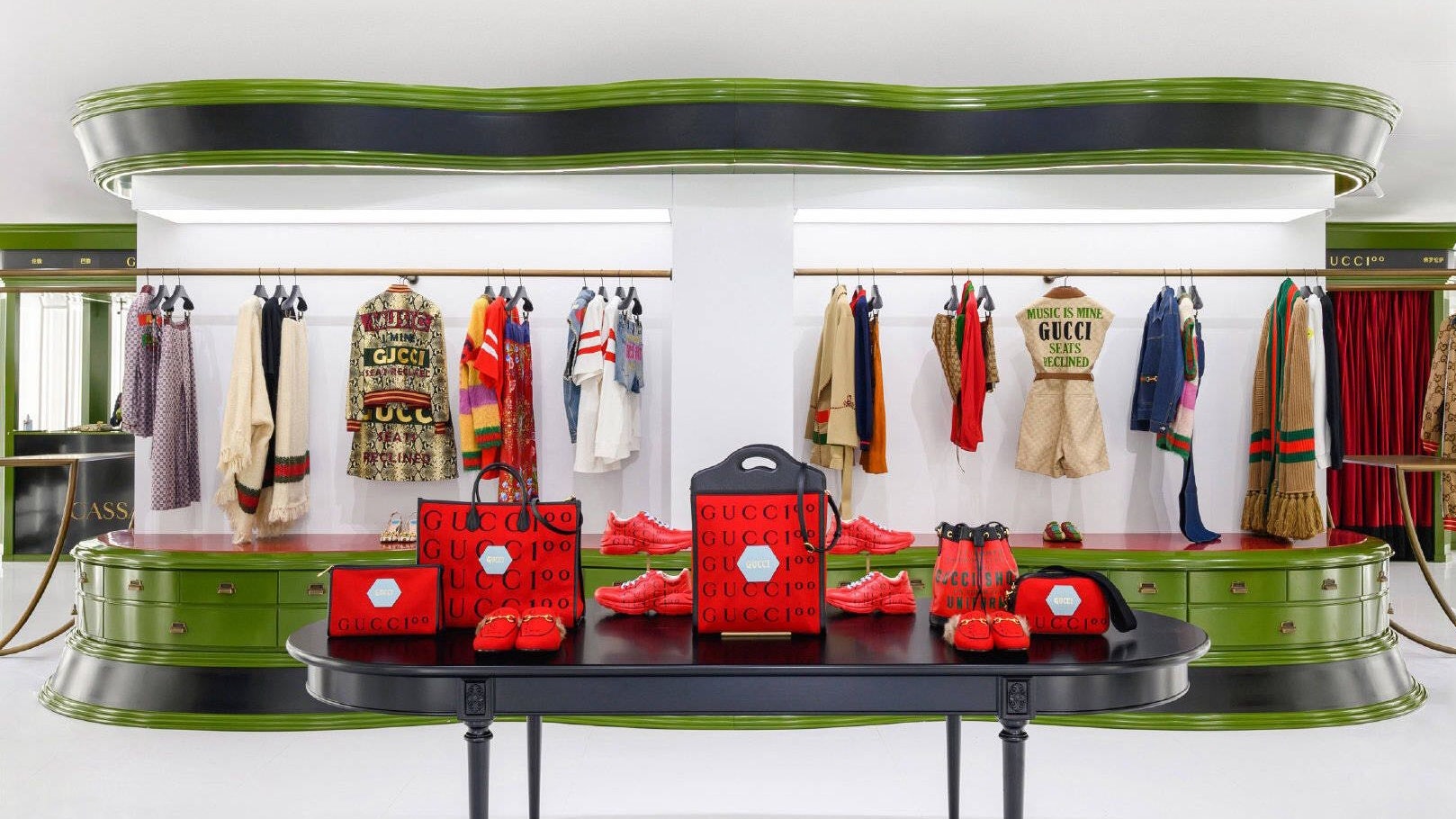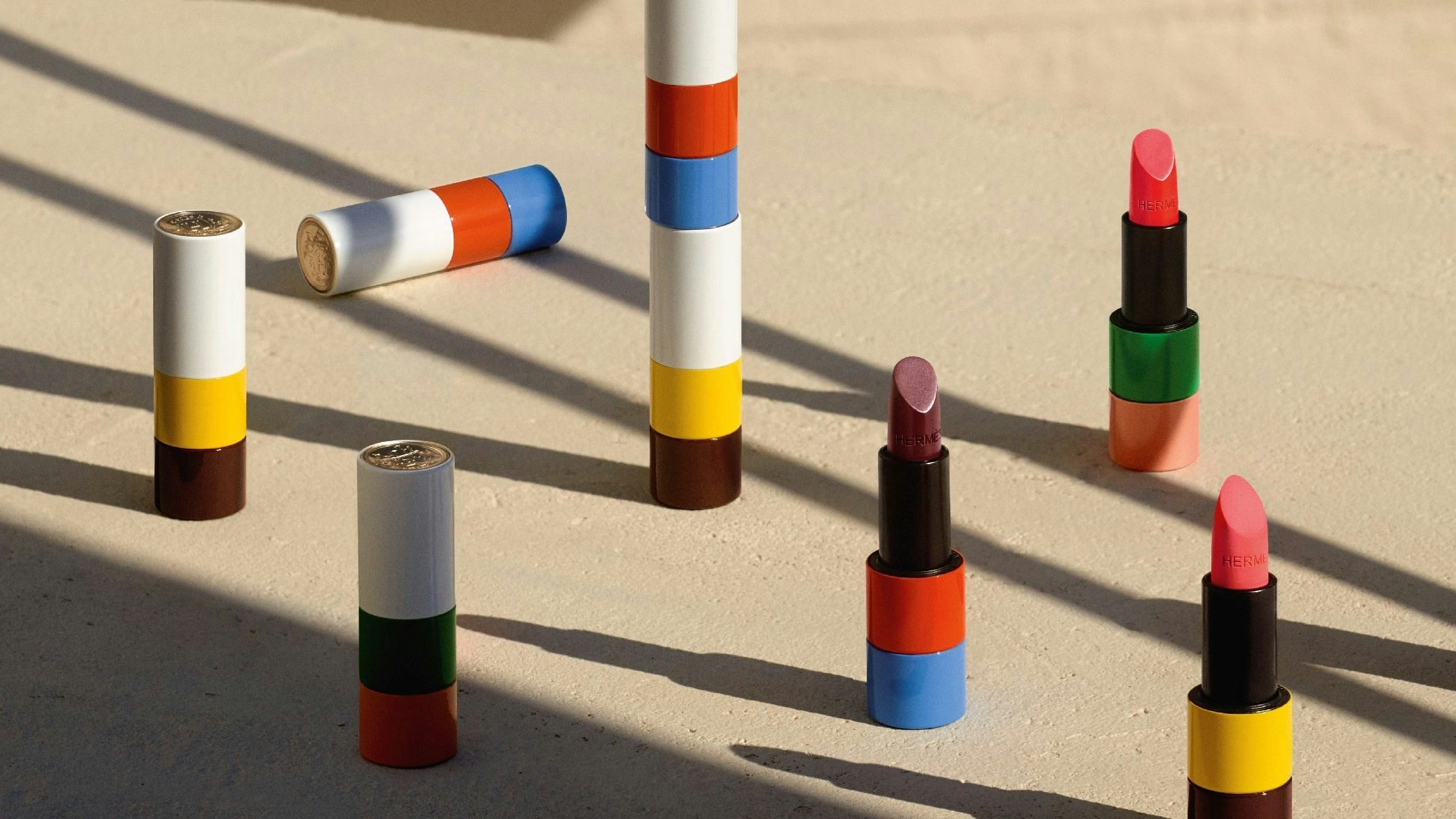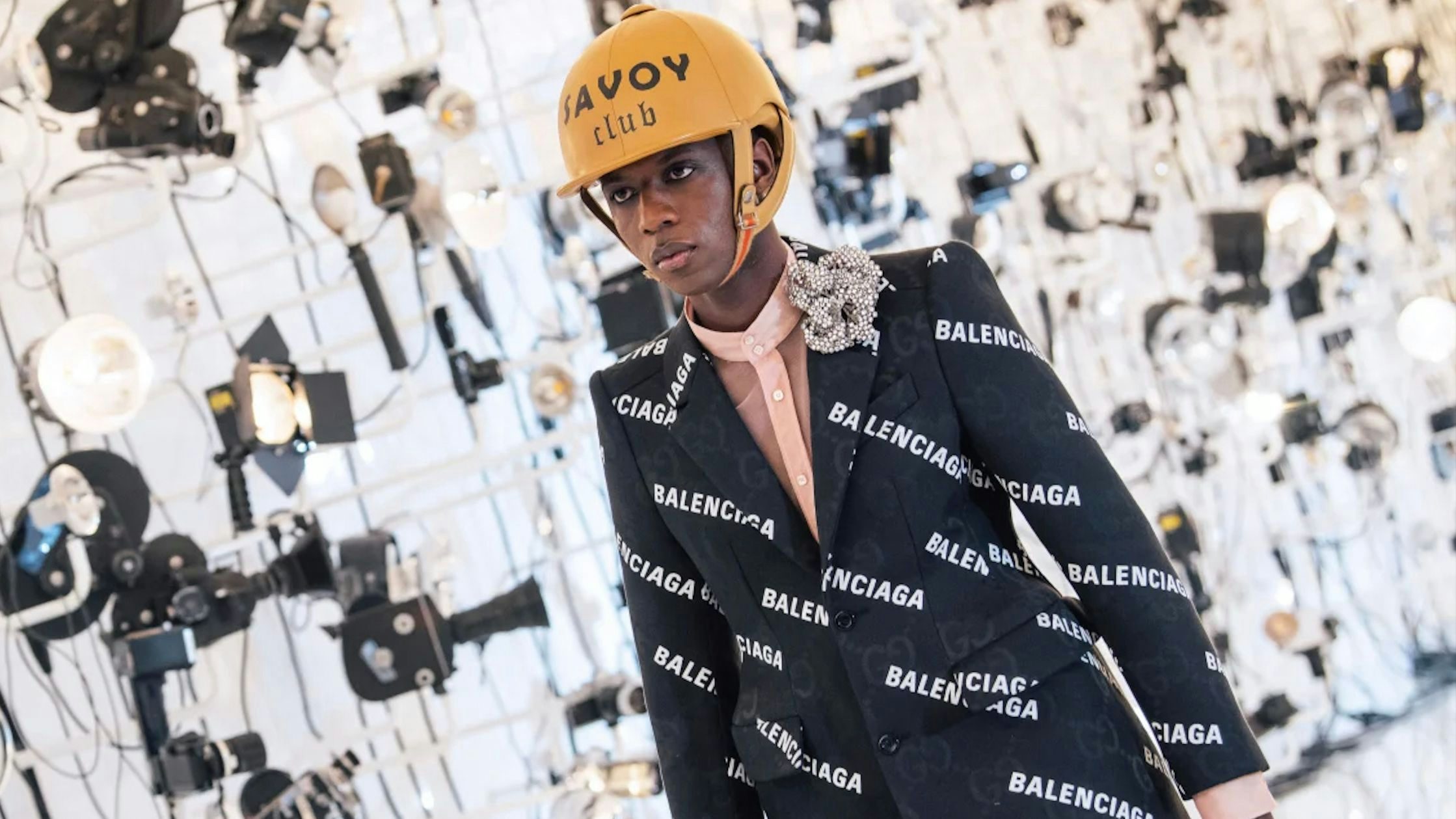Third-quarter results for LVMH, Gucci’s parent Kering, and Hermès were a confidence boost for the global luxury business. Growth continued, yet, in some cases, at a slower rate than earlier in the year. But this was expected since some retail reopenings happened over the same quarter in 2020, making for a tricky comparison.
Hermès#
The smallest of the companies, Hermès, delivered consolidated revenue of 2.7 billion (€2.37 billion), up 31 percent year-on-year (at constant exchange rates) but below the 57 percent rise recorded over the first nine months of 2021. In Q3, the brand saw an upturn in European sales (40 percent) and acceleration in the Americas (48 percent), while Asia stayed consistent at 29 percent. Nevertheless, all geographical areas (led by Asia-Pacific) posted strong double-digit growth during the period, compared to pre-pandemic 2019.
Hermès described Greater China’s performance as “remarkable,” as it is maintaining momentum with new and revamped boutiques. The brand just opened a second store in Shenzhen (pushing its China total to 28) on the Mainland, and it unveiled its newly renovated flagship at Plaza 66 in Shanghai last week on October 29.
In a statement, the executive chairman of Hermès, Axel Dumas, said: “In a world that remains unstable, the balance between our sixteen métiers and between our locations around the world, allows us to move forward with optimism and caution.”
Year-to-date, Hermès stock is up 60 percent and 18 percent over the past month.
LVMH#
The world’s biggest luxury group, LVMH Moët Hennessy Louis Vuitton, generated a growth of 11 percent in the third quarter versus the same period in 2019, with revenue rising to 18 billion (€15.5 billion).
The Fashion & Leather Goods business group accounted for almost half of those sales at 8.6 billion (€7.45 billion), up 38 percent from Q3 2019. The division almost single-handedly drove the majority of LVMH’s 11 percent growth over those two years.
By geography, Asia remained vibrant, growing by 26 percent versus 2019 while the US pushed forwards with 22 percent. Japan was sluggish and is still contracting (by 6 percent in the quarter). Meanwhile, Europe’s double-digit declines became single-digit (down 6 percent), suggesting a swing to positive territory could be coming as retail conditions normalize.
DFS continued to be a drag on LVMH’s second-biggest division, Selective Retailing. The business group was the only one of five to show a contraction in Q3 at a hefty 19 percent versus 2019. LVMH singled out travel retailer DFS for “revenue still lower than 2019,” blamed on the lack of international travelers, the Chinese, in particular. Meanwhile, Sephora showed strong momentum while the recently opened DFS-operated Samaritaine in Paris is expected to bear fruit in the coming years.
Year-to-date, LVMH stock is up 34 percent and nine percent in the past month.
Kering#
Gucci-led Kering Group generated total sales of 4.8 billion (€4.19 billion) in Q3, up 10 percent (at comparable rates) over the same period in 2019. Almost 2.5 billion (€2.2 billion) of the total came from Gucci, which had lackluster growth of just two percent over 2019. While just one-third the size of Gucci, the St Laurent brand did much better, growing by 37 percent versus 2019 as brand awareness and market penetration increased quickly, most notably in the Asia Pacific.
Revenue from all Kering’s directly-operated luxury stores, including e-commerce, grew by 11 percent relative to Q3 2019. In addition to Gucci and St Laurent, those houses include Alexander McQueen, Balenciaga, and Bottega Veneta, which all saw strong momentum in North America.
Kering, which is going fur-free beginning with its Fall 2022 collections for all brands, noted that Western Europe and Japan are still being affected by the absence of tourists, but sales continued to improve there. Meanwhile, after solid growth in the first half of the year in the Asia-Pacific, sales “were held back by rising COVID-19 case numbers during the summer,” though they remained above 2019 levels. Online’s pace was particularly strong — up 148 percent versus Q3 2019.
Kering chairman and CEO François-Henri Pinault praised Saint Laurent, Bottega Veneta, and the group’s other luxury houses, as well as Kering Eyewear for their “outstanding performances” in Q3. On Gucci, he said the brand would face “an intense fourth quarter.”
Year-to-date, Kering stock is up 17 percent and up to five percent in the past month.


